Last weekend, a 100 developers, neuroscientists, makers and designers came together at Autodesk Israel’s amazing offices.
The goal? Within a day and a half, develop working applications using Brain Computer Interfaces (BCI). From virtual reality games, through automatic panic alerts to mind-based dating apps, we’ve seen many incredible apps built using some of the cutting edge devices in the field: InteraXon’s Muse, OpenBCI, Neuroelectrics’ Enobio and the not-yet published Neurosteer.
13 teams completed the weekend with working applications, and the winners are:
#1 Emochat – an emotion-enriched chat experience that aims to bridge the emotional divide in a chat vs. real life. The app visualizes your friend’s emotional state with different emoticons and colors so you can tell whether they actually mean what they say (I’m sure you can come up with many scenarios where that would come in handy… We all know there’s more meaning than is conveyed in words, and a chat makes it that much harder to read than real life). The Emochat team won an Enobio headset, a Muse headband, and also a Neurosteer device for winning the special Neurosteer prize. The application is fully open-source and available on github).
* BlueGSD – A labyrinth game (maze ball) using SSVEP. The team used an OpenBCI board, and in the maker spirit also 3D-printed their entire game (the maze itself, which drew a young crowd to the wonderful world of 3D printing 🙂 ). A blog post documenting their cool development process + code is available here. They won the special OpenBCI prize and received a board + starter kit.
#2 Deja-view – the second place team developed an externally-created automatic memory using virtual reality. The long-term goal is something along the lines of Black Mirror’s Entire history of you (of which I’m a huge fan). They used Gtec’s g.nautilus EEG device and an Oculus Gear VR. They won a Muse headband.
#3 Mind over mindstorms – a platform for motor imagery training. The team is based out of a lab in Ben Gurion University and were able to successfully demonstrate a mindstorms robot controlled solely by a Gtec hiAmp device drive through a slalom!
#4 Aspergame – Led by a neuroscientist father who opened the hackathon telling the touching story of coping with his son’s Asperger’s – the team had built a game for improving Asperger’s syndrome patients’ attention to social stimuli.
Both teams won a Muse headband.
Other projects included:
> Right path – Bicycle alert system that identifies when the cyclist intends to turn left/right and signals automatically
> Person of interest – Prevent misidentification using face recognition & EEG
> Hive mind – Collaborative decision making – all 5 team members and some judges moved a bee on the screen, together!
> Brainifeed – Subconcious content filtering, lets you automatically read your feed and stop on the stories your brain signals it’s interested in
> Shoni – Alert system upon distress, panic and falling asleep. This could be used for driving, elderly care, and many other uses.
> Date my brain – matching individuals based on EEG pattern (because, between us, how good are those dating sites matching algorithms anyway? 🙂 )
> Activity tracker – Analytics to monitor your online activity
> INFinity – Neurofeedback with VR
More picture here.
Pictures on this post by Yannick Roy from Neurogadget and Hamutal Meridor.
Many thanks to all you hackers for making this the amazing, inspiring event it was!
And last but not least – a special thank you goes out to our wonderful partners who made it all possible –
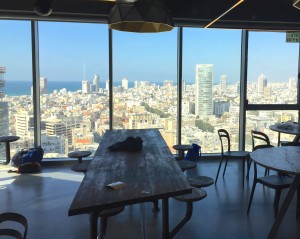
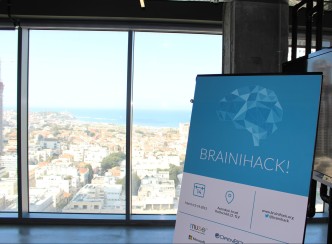
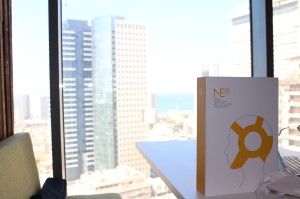
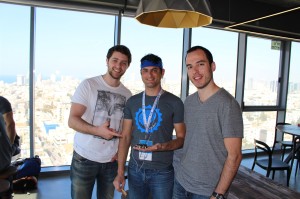
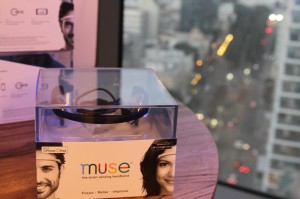
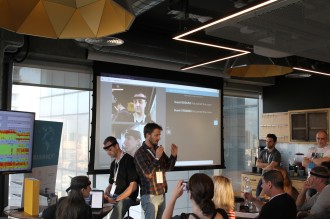
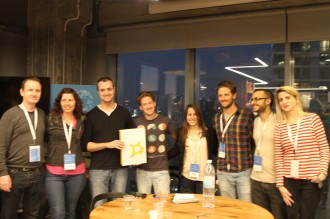
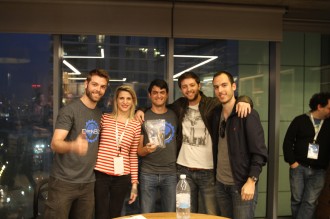
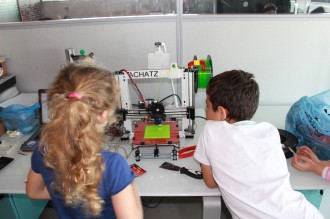
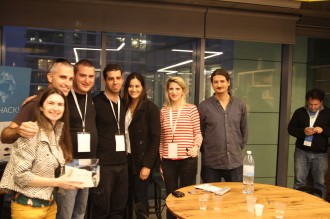
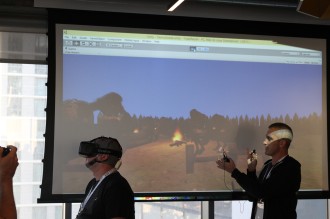
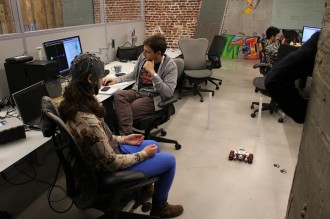
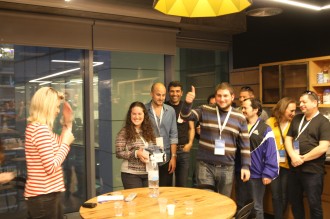
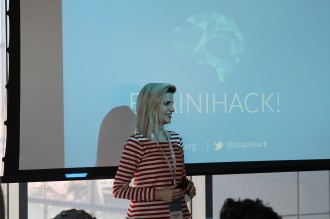
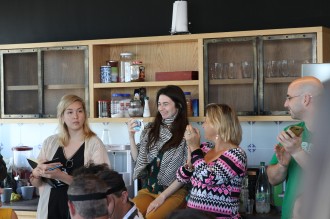
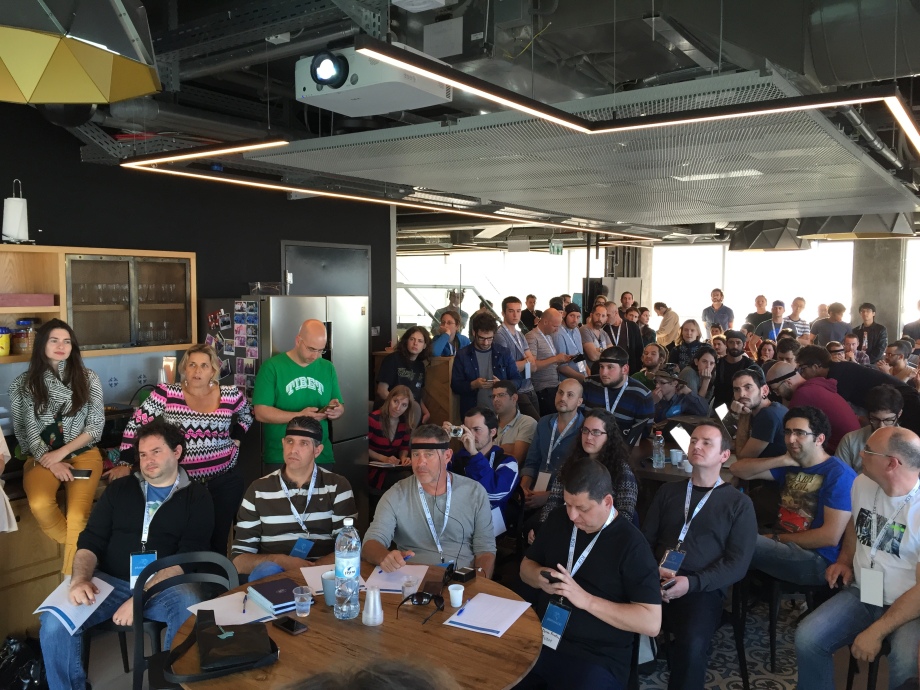







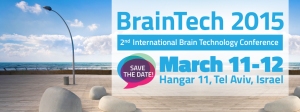

Pingback: Brainihack 2015 hackathon roundup - Neurogadget.com
Pingback: Brainihack 2015 - Israel Active
Pingback: This Weeks Sanity Report from Israel - March 29, 2015
Pingback: Combating Specific Brain Diseases, Satellites that Map Forests, Arab and Jewish Kids Study Together – It’s Good News from Israel – Jewish Business News